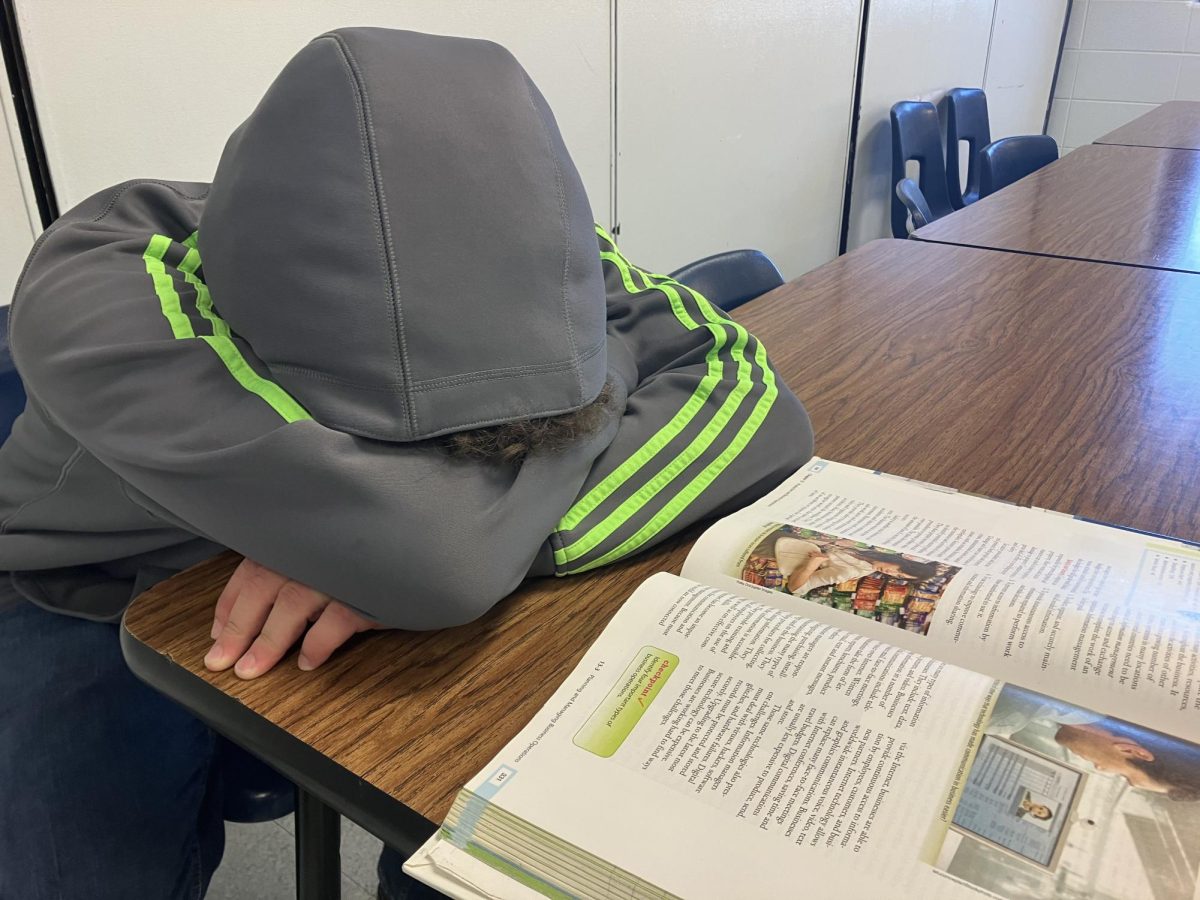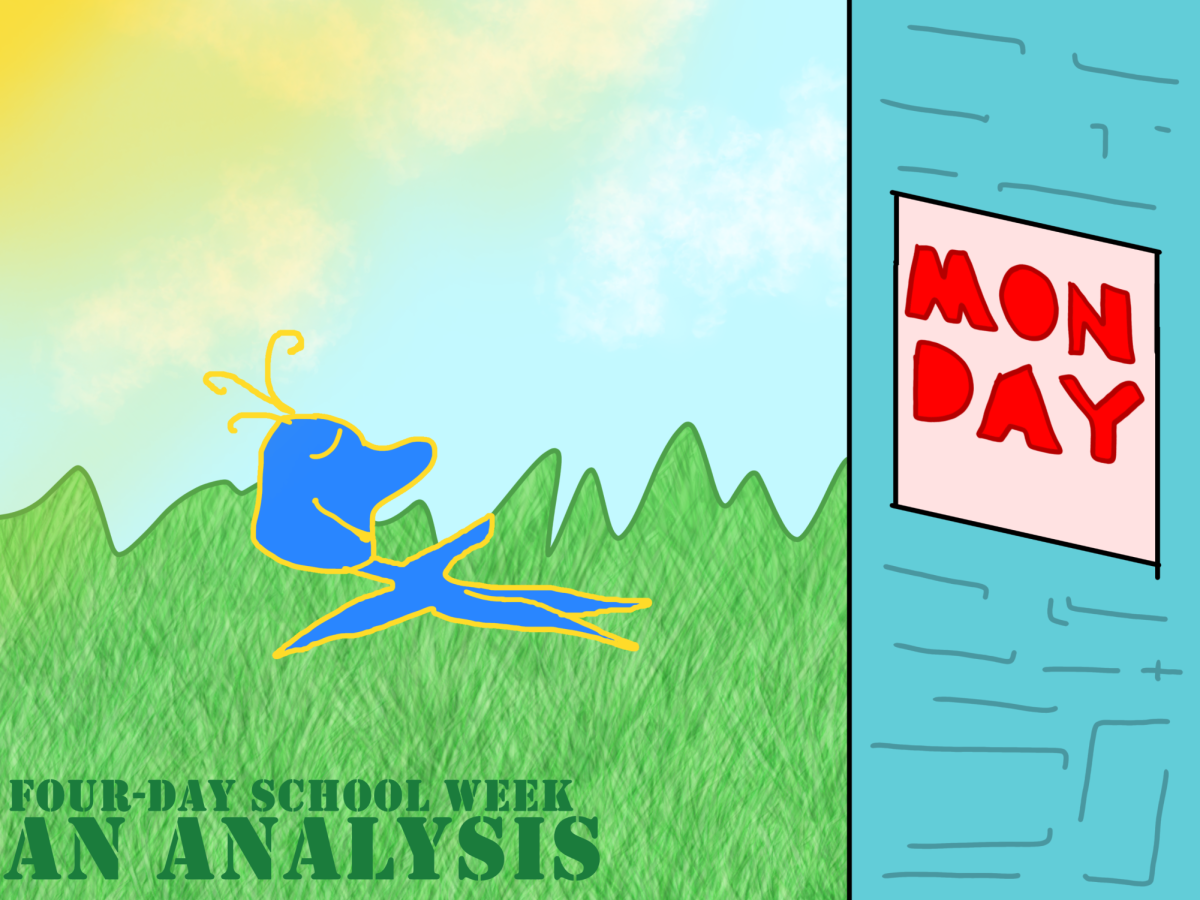Older generations look at Gen Z and say, “everyone’s unemployed” or “nobody wants to work.” They are partially correct, however the problem may have existed before the Gen Z population entered their teenage years. The Economic Policy Institute reports, “Historically, the unemployment rate for young people ages 16-24 is about 2.6 times higher than people ages 25 and older.” What if the cause of this statistic goes past simple laziness in young people? Could these issues have roots in the way we are educated from a young age?
High school students today have variants of language arts, math, science, and social studies as required core classes along with optional electives that include various fields of art, agriculture, and athletics. Having multiple options such as these at school has been mostly beneficial to kids in my experience. However, where has the system gone wrong, and what can we do to fix it? I firmly believe that students should have more opportunities for life skills classes and less stress on core subjects.
The core subjects that are taught throughout elementary, middle, and high school are meant to prepare students for college. This covers a large portion of kids, but what about those who don’t plan to go to college and would rather jump into a career right after graduation? According to the Bureau of Labor Statistics, only 61.8% of recent graduates enrolled in college in October of 2021. There’s no doubt that core classes are important, but they could potentially be a large waste of time for the other 39.2% pursuing a different path.
The implementation of life skills classes, such as finance, would be worth the time taken from other courses. Finance applies to everyone; they could be taught money management, stocks, taxes, mortgage, healthcare, and how other important aspects of life function. Students would truly be prepared for the real world, as they spend most of their required time in the educational system. Central Hardin does have a finance class among others – such as Parenting, Business, and Marketing – and some of our students can go to EC3 for this kind of preparation. This gives our students a significant advantage straight out of high school; however, not all schools provide opportunities like these. Real-world curriculum should become mandatory for schools to provide across the nation so that upcoming generations have those options for courses if they so choose, and may actually understand how life works: their lives and the economy depend on it.
These aren’t the only changes that should come about. Core classes could also use an upgrade or extension: history, for example, should have a segment about current events so that students can be caught up with breaking news without bias. I know that I personally struggle to stay updated without researching myself, and I believe other students, as well as myself, would benefit from this. One thing, though, should stay the same: core classes should remain available to those who need them. Others may argue that students should understand and explore these subjects to see what passions they may have, and therefore help them discover potential career opportunities. This may be true, although these courses should not be required. Here is where freedom and responsibility come into play: high school students are young adults, and although they don’t need to have everything figured out right away, giving them the choice of which classes they would like to take – with the help of educators/counselors if desired – will help prepare them for the real world where they will make every decision themselves.
Our school system – and, frankly, the world we live in – could be greatly improved with a few changes like optional core classes and more relevant electives. It’s about time that our local government takes charge in improving our currently flawed education system for the sake of upcoming generations. If these actions are taken, I am confident that employment rates among young people will rise, and our society will take a turn for the better.







